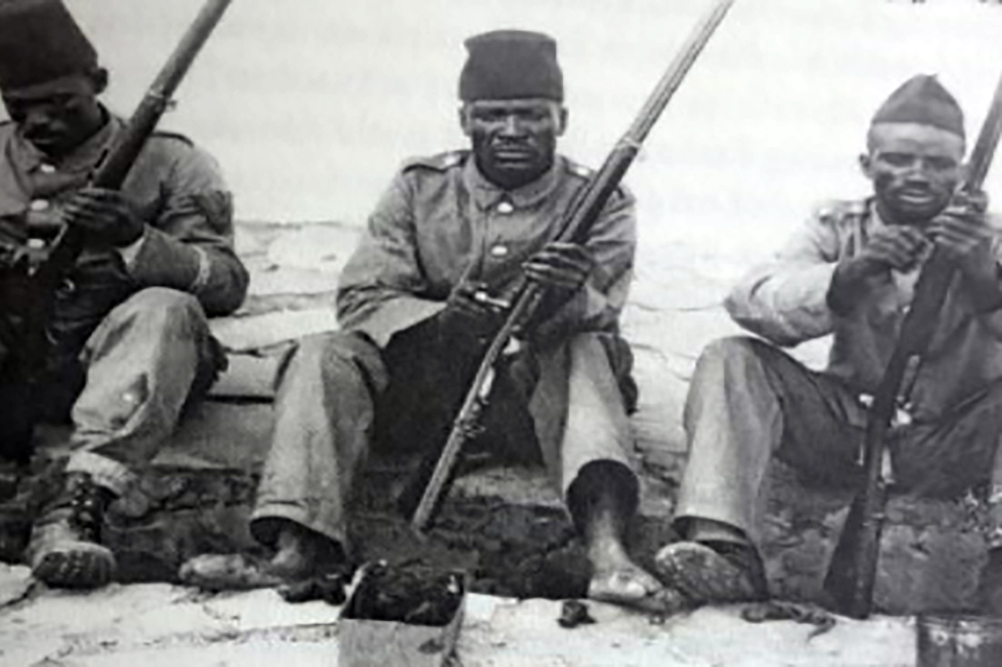
Call for Papers: Competence, Loyalty, and Control–Indirect Governance of Violence, Economy, and Religion in Africa
Deadline Expired on March 15, 2024
WISER (The WITS Institute for Social and Economic Research) in Johannesburg seeks papers for a workshop on July 24-25 focused on the indirect management of the economy, religious influences, and the dynamics of violence in colonized Africa. Scholars are encouraged to submit papers for consideration.Delegation, or indirect rule, is ubiquitous. Leaders at the state level rely on a network of actors, including local and national bureaucrats, judges, central bankers, constitutional courts, and others, to implement orders, policies, and regulations aimed at influencing people's behaviour. Internationally, they turn to entities like international organizations, warlords, and military firms to advance their policies on the global stage. Business executives depend on their corporate officers, managers, and foremen, while Mafia chiefs rely on their henchmen. Similarly, colonial governors used to delegate authority to chiefs for the administration of colonial territories. Agents may exhibit unpredictable conduct, leading to varied outcomes that affect both the leader and the public interest.
Delegation is a well-discussed feature of colonial history in Africa. Using – and sometimes creating – chiefs or traditional leaders to rule subject populations, colonial powers relied on local leaders to facilitate governance and reduce the costs associated with direct rule. More recently, historians have also paid attention to other, or more ‘ordinary,’ African intermediaries who facilitated colonial rule, from interpreters to court clerks to soldiers.
The notion of delegation occupies a central position within the domain of political economy. Elected officials frequently delegate authority to intermediaries established by market operators and participants to oversee trading practices and market products. Such intermediaries encompass private market organizations, boards of trade, and exchanges.
Regulatory efforts primarily target profit-seeking market participants, including banks, hedge funds, commission houses, and commodity future merchants. Within the context of central banking, governors grapple with decisions concerning the delegation of control over monetary policy to independent central banks, aiming to cultivate market trust, or retaining control to leverage economic stimulation during politically opportune junctures.
Existing literature on the political integration of religious groups scrutinizes the processes, mechanisms, and institutions geared towards harnessing the legitimacy of religious groups or fostering their moderation and/or embrace of democratic politics. The management of violence often entails indirect modes of governance.
For social scientists, the classical framework for addressing delegation is the Principal-Agent problem/theory (P-A). Simply put, PA draws from rational choice theories, arguing that rational instrumental actors systematically delegate most of their activities to agents to lower the transaction costs of policy makings.
This project by WISER (The WITS Institute for Social and Economic Research) spans a wide array of policy areas, covering topics such as the indirect management of the economy, religious influences, and the dynamics of violence. Project managers seek papers that address the following questions:
- What explains intermediaries’ varied relationship to the colonial state?
- How can we conceptualise colonial intermediaries beyond the collaborator/victim dichotomy or the more recent interest in ‘agency’?
- How, why and when state co-opt religious leaders?
- What are the dynamics of interaction between public market regulators and private ones?
- When, why, and how do state leaders engage private military companies?
Presenters may join the conference in person or online.
Scholars should note in their submission that they require funding to attend the conference in-person.
Online participants will receive the necessary links upon acceptance.
Deadline to submit is Friday, March 15
Cross Reference: Call for Submissions, Workshop,Opportunities,Economic Policy Addressing Inequality and Poverty